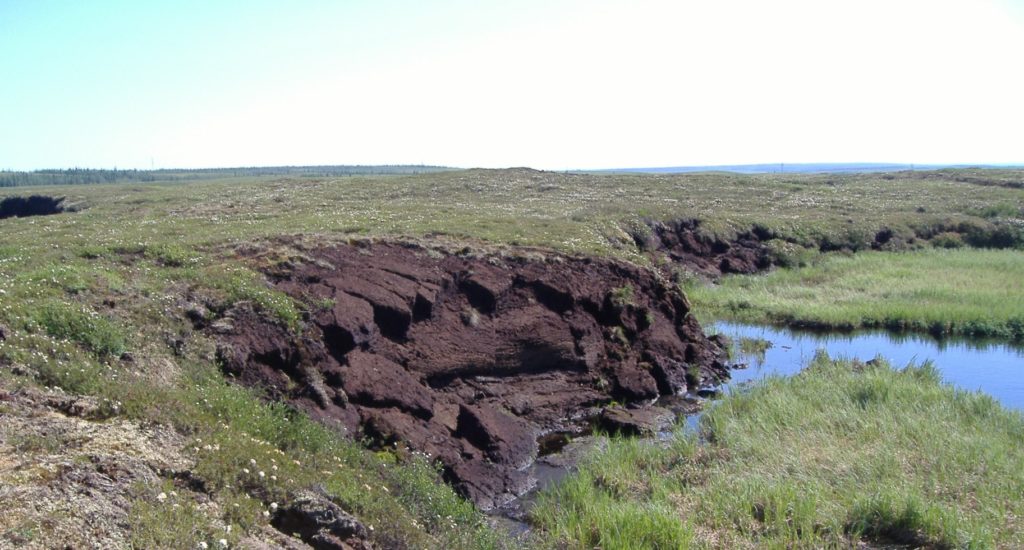Peatlands project wins prestigious ERC grant

A project studying the impact of climate change on peatlands has won a prestigious Synergy Grant from the European Research Council.
CLIMPEAT (Northern Peatlands in the face of climate warming and abrupt changes) has been awarded €12.5 million over six years.
The project will investigate how peatlands in the northern hemisphere respond to climate change and future warming.
These peatlands contain huge amounts of carbon and nitrogen which, if released, could amplify global warming.
CLIMPEAT is led by Professor Pierre Friedlingstein from the University of Exeter, Professor Gustaf Hugelius from Stockholm University, Dr Christina Biasi from the University of Innsbruck, and Dr Philippe Ciais from the Laboratoire des Sciences du Climat et de l’Environnement, Saclay, France.
“We are delighted to receive this ERC Synergy Grant, to investigate the risk of abrupt release of carbon from thawing of Northern peatlands under climate change,” said Professor Friedlingstein, from Exeter’s Global Systems Institute.
“We will build a peatland thawing experiment in Finland to better understand how peatlands are changing, and what this could mean for future climate change.”
Professor Hugelius added: “It’s very exciting to have this opportunity. An ERC Synergy Grant makes it possible to design an ambitious, long-term project where we work together to solve research questions that would be too complex for individual research groups.”
CLIMPEAT researchers will draw on expertise from many different scientific fields to create detailed maps showing the properties that make peatlands particularly vulnerable to climate change.
By combining large amounts of data from field sampling and satellites with AI, new models will be constructed and used to recreate past and future changes in northern peatlands.
ERC Synergy Grants are awarded to address “science’s toughest puzzles”. The latest grants – €684 million in total – have been awarded to 66 research teams, bringing together 239 scientists.
Professor Maria Leptin, President of the ERC, said: “Collaboration is at the heart of the ERC Synergy Grants. In our latest round, teams of researchers will join forces to address the most complex scientific problems together – this time, they are more international than ever.
“The competition was fierce, with many outstanding proposals left unfunded. With more funds, the ERC could fully capitalise on this wealth of first-class science. Such scientific endeavours are what Europe needs to be at the real forefront.”



